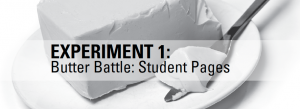Agenda for Tuesday, 4 April 2017:
- Computer Sign-out Sheet
- Names
- Expectations
- Academic Road Map
Agenda for Wednesday, 5 April 2017:
- What do you have in common with your neighbor?
- Introduce your neighbor.
- What are the social norms for students at ECCO?
Agenda for Thursday, 6 April 2017:
- Campus Tour
- ECCO has HEART
Agenda for Friday, 7 April 2017:
- All school assembly

